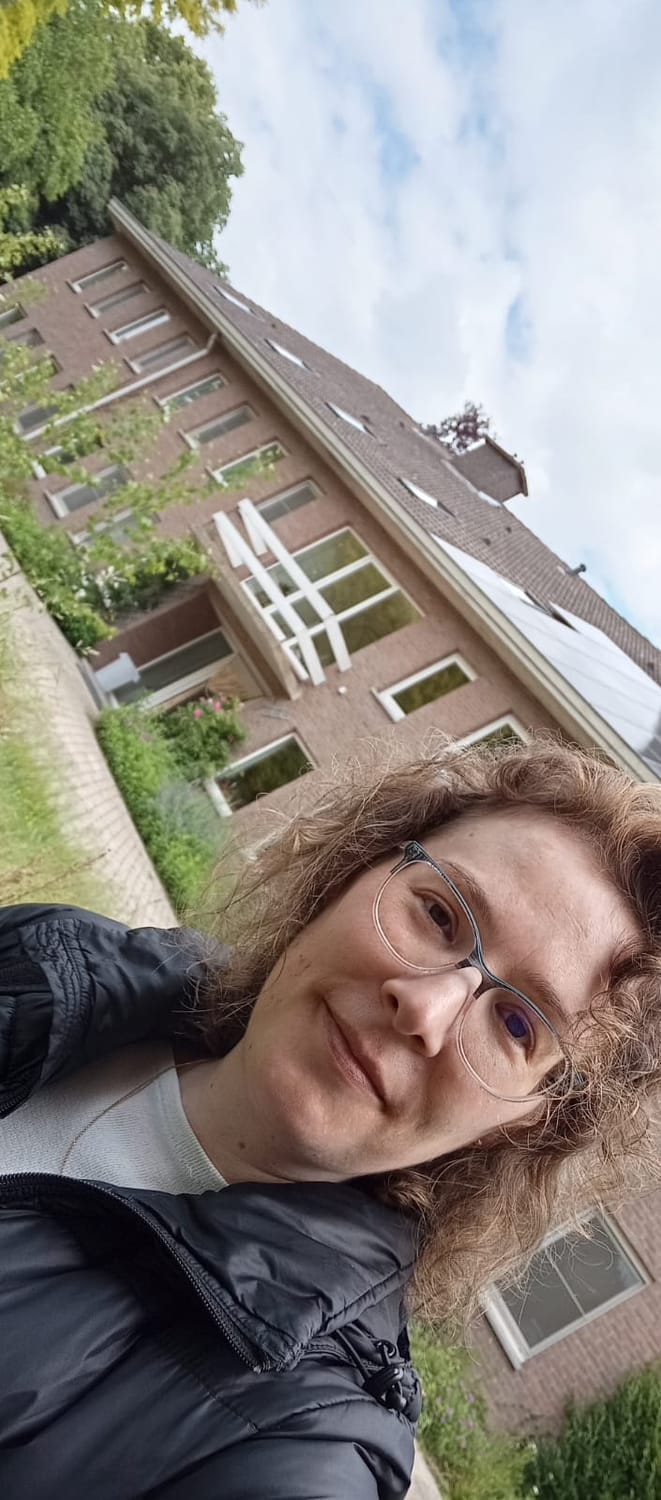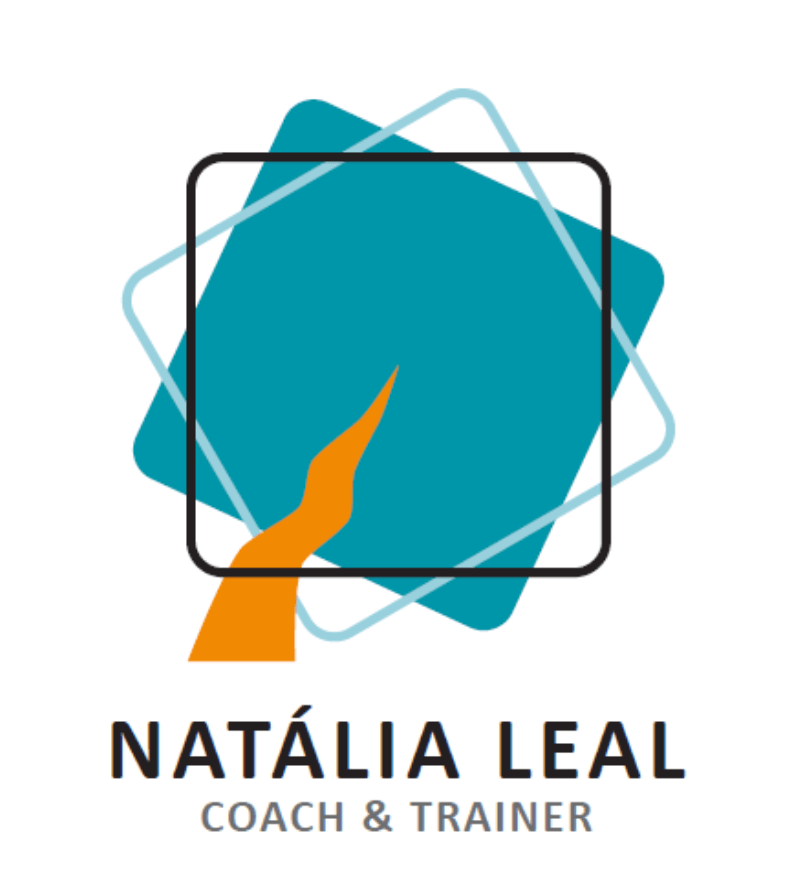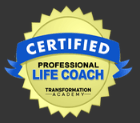Ten Days of Silence: A Deeper Reflection on My Vipassana Experience
Just a few weeks ago, I took on something that quietly challenged almost every aspect of how I live and work: a 10-day Vipassana silent meditation retreat.
No phones. No books. No writing. No crochet. No talking—not even eye contact. No distractions. Just me, my body, and my mind, following a strict schedule of meditation, rest, and introspection.
It sounds intense—and it was.
As someone who works with people for a living, who communicates for clarity, connection and impact, this was a radical shift. I went in with no particular expectations—just curiosity about what I could learn. What happens when we stop talking and start listening inwardly instead?
The Arrival
Participants arrived in the early afternoon of Day Zero and we were welcomed by the 'staff', all former students who'd chosen to volunteer now. The silence didn’t start until 6pm, giving us just a brief moment to chat and settle in. Like all first-time female students, I shared a room with someone I’d never met. We had just enough time to meet each other and agree on basic logistics— whether we wanted the window open or closed during the day/night, while so much more was left unsaid.
And then we all stopped talking. Noble silence had begun.
At first, not saying “good morning” or nodding your head and smiling politely as you walked pass another person felt rude, almost cold. But as the days passed, I came to appreciate it as a form of respect. We were giving each other space. There was no need to explain or perform or be pleasant. Just be.
It was a strange kind of intimacy—living side by side in total silence, trusting one another without words, without eye contact.
The Schedule: Rigorous in Its Simplicity
Each day followed the same rhythm: the wake-up gong at 4am, first meditation at 4:30, and structured sits throughout the day, broken up only by simple (yet delicious!) vegetarian meals and short breaks. 10+ hours of meditation each day...
The simplicity itself was demanding—especially the lack of sleep. Six hours at night, and just enough free time during the day for a quick nap (which, I confess, from Day 4, became a reliable survival tool for me).
Without the usual inputs and distractions, time felt slower… fuller. The usual ways I ‘occupy’ myself—thinking, planning, analysing, helping others or even watching Netflix—had no role here. There was nothing to do but sit with what is.
The Practice: Learning to Observe
Vipassana, as taught by S.N. Goenka in a very non-sectarian approach, focuses on observing bodily sensations without reacting to them. No craving. No aversion. No judgement. Just pure awareness and equanimity. Sounds simple, doesn’t it?
It’s not :)
My ‘nerd mind’ wanted to analyse every sensation. My ‘coach brain’ wanted to make sense of it and look for the science behind it. And the ‘monkey mind’... well, it did what monkey minds do—wandered a lot into every related and unrelated topic :D
But slowly, through sheer repetition and discipline, something shifted. I started noticing sensations I’d usually ignore—the breath in my nostrils, the moist in my hands, a tingle along my back, a sudden jolt of heat or tension. An unfamiliar sensation I could only describe as a nice burning cold all over my body. I began to observe without rushing to label, or fix or interpret. That alone felt revolutionary!
The teaching—“everything is impermanent”—moved from being an interesting intellectual idea to something I could feel in my own body. That ache in my knee? It passed. That itch on my nose? Torture initially, then gone. That wave of sadness (especially after that first Metta meditation)? Also temporary. Noticing this, not as a concept but in direct experience, was unexpectedly liberating.

The only photo I took before my mobile got locked away for 10 days...
The Emotional Landscape
Emotionally, the retreat was not blissful or serene—but it wasn’t dramatic or emotionally overwhelming either. It was quiet, clear, and surprisingly steady. There were moments of restlessness, frustration, or physical discomfort, but they came and went like everything else.
There was a kind of rawness to it all—often uncomfortable, occasionally beautiful. And beneath it, a tenderness: a reconnection with parts of myself that are usually drowned out by the noise of everyday life.
I didn’t feel lonely at all—in fact, there was something grounding about the shared silence and structure.
There was also a lightness at times. I found myself paying attention to nature all around me—flowers, bugs, birdsong—and amused at the mental commentary running through my head. One of the funniest moments happened during the second Metta meditation, when I had to hold on hard to stop myself from laughing in the middle of a group meditation at just how bad I thought it was. The first time, it had struck me as oddly sad and depressing—definitely not the warm, inspiring loving-kindness meditation I had expected. But the second time, something had shifted. My brain, uninvited, turned the phrases into a full-on comedy sketch. In the silence, humour took on a subtler tone—internal, dry, and oddly delightful :D
What surprised me most was how emotionally neutral many of the days were. Not flat, but calm. Spacious. A different kind of emotional richness—less about highs or lows, more about presence and clarity.
A Brief Scientific Lens: What This Experience Reinforced
As someone who values both lived experience and scientific grounding, I couldn’t help but notice during the whole period how many elements of the retreat align with what we already know from research on well-being, performance and the brain.
The silence, the embodied practice, the strict focus on observation without judgement—all of it taps into what neuroscience and psychology (especially mindfulness and cognitive behaviour therapies/CBT but also positive intelligence and other concepts) have been telling us for the past decades:
Neuroplasticity: Regular meditation has been shown to strengthen neural pathways associated with attention, emotional regulation and resilience, but it also helps you to build new pathways when behaviour needs to be adjusted. After ten days of dedicated practice, I could feel this shift: my thoughts slowed down, my reactivity softened, and my awareness sharpened.
Interoception and body-mind awareness: Vipassana’s focus on the breath and scanning bodily sensations mirrors current practices used in trauma-informed therapy and performance psychology. The ability to sense and stay with subtle physical sensations can reduce stress and increase self-regulation. I experienced this first-hand during longer sits, where awareness alone helped me navigate discomfort without needing to resist or escape.
Mental clarity and spaciousness: Without the usual sensory overload of modern life, the brain has a chance to settle. Studies show that even short periods of silence and reduced input can enhance creativity, cognitive function and emotional balance. Ten days was a rough start, yes—but it gave me a glimpse into what’s possible when the mind has space to breathe.
What didn’t feel fully aligned with the evidence? The lack of sleep. Most studies point to the importance of getting at least 7 hours of sleep for optimal cognitive and emotional functioning. While I managed—and even felt surprisingly energised at times—I also know I wouldn’t recommend such a schedule as sustainable in daily life. Rest and and time to absorb what we’ve experienced are just as important as discipline.
So while Vipassana is an ancient tradition with over 2500 years, much of what it teaches now finds echoes in contemporary science. This blend of ancient wisdom and modern insight was, for me, one of the most validating aspects of the whole experience :)
What I'm Taking With Me
Coming out of noble silence on Day 10 was almost a natural occurrence, as if the previous silent days had not happen... (we got some hours to chat with each other in the end). It was surprisingly easy! But I came back more in touch with myself.
I didn’t come out with big answers or life-changing plans.
What I came back with was more subtle, but just as powerful:
A quieter mind—not empty, but less reactive (as I often help my clients practice).
A deeper trust in my body and its signals.
A lived experience of impermanence that helps me hold both joy and discomfort with more softness.
And perhaps most importantly, a renewed understanding of presence.
In my work and in my life, I often talk about the importance of slowing down, of creating space to reflect, of tuning in. Vipassana didn’t just reinforce those ideas—it made them tangible.
A Few Extra Lessons and Insights
Not everything clicked on Day One—some of the biggest lessons only came quietly, and late.
Sitting straight, for instance, wasn’t about 'pulling myself up' into perfect posture. For the first six days, I was determined to sit tall, shoulders back, spine proud—I tried my best ... and my back ached constantly. But at the end of Day 6, something shifted. I was simply too tired :( to keep holding myself up in the way I thought I should. So I surrendered to gravity. I let my body soften down; and anchor itself from the belly—your 'core'. And just like that, the pain disappeared. I wasn't collapsing; I was grounding. There’s a quiet strength in trusting your centre, not forcing your shape. :)
Another beautiful element to note is the generosity behind the retreat. There’s actually a whole global network of Dhamma Vipassana centres, and all of them run on the same principle: there’s no fee to join. The retreat is offered freely, funded by donations from past students who found value in the experience. At the end, you’re invited to give, not out of obligation, but from gratitude—according to your means and if it feels right. It’s a rare model, rooted in trust, shared humanity, and continuity of care. I found it deeply moving. And you can also choose to 'serve' by volunteering in one of the many roles available.
I also got to confirm that stillness is not passive. It’s active, vibrant even. There's an alert quality to being present, to observing without reacting. On the surface, we were 'just sitting' but, internally, a lot was happening: rewiring, unlearning, releasing, noticing. That effort, invisible as it may seem, is real.
And finally, I was reminded how we can’t think our way into peace. That one was humbling :) As a coach and someone who lives through words and ideas, I often lean into reflection, reframing, insight. But Vipassana asked something else: not to think through discomfort, but to feel it all the way through. And that required silence, patience, and breath. No shortcuts.
Would I Recommend It?
Yes—but not as a holiday. Vipassana is not a retreat in the cosy, self-care sense of the word. It’s a training. A mental gym. A deeply human experience.
I would recommend it to anyone who’s mentally and physically healthy overall, who feels ready to meet themselves as they are and who can let go of expectations. You don’t need to be spiritual or experienced in meditation (I wasn't!)—but you do need to be open. Open to stillness. Open to discomfort. Open to the mystery of what arises when all the noise stops.
Would I do it again? Probably (and I'd really like to serve as a volunteer too). Though next time, I might look for a version that includes a bit more sleep and maybe a cushion with extra padding! ;)
Some Final Thoughts
Life gets noisy. Especially for those of us who live and work across cultures, who manage careers, family, expectations and constant adaptation. This retreat reminded me that amidst all that complexity, there’s something always available: the breath, the body, the moment.
That’s where we meet our true selves—not in achieving, not in fixing, not in doing. But in being. For we are human beings.
And from there, everything else becomes a little clearer...
Follow me on Social Media:
Related Articles
Want tips, reflections & challenges for success and happiness?
Subscribe to the not-too-regular Seeds for Growth & Joy newsletters and stay engaged with tips, challenges, upcoming events and news.
Natália Leal | Coach & Trainer
Empowering Global Leaders and International Professionals to Upgrade Their Life & Career Abroad
Company no./KvK: 72490772
VAT/BTW-id: NL002528132B78
contact[at]natalia-leal.com
Pages
Services
Courses and Events
Copyright © Natália Leal, 2018-2026













